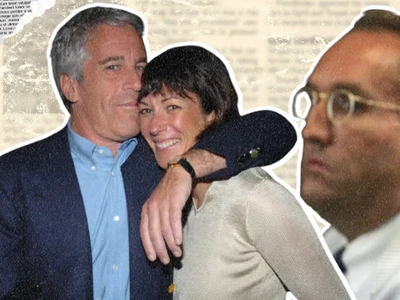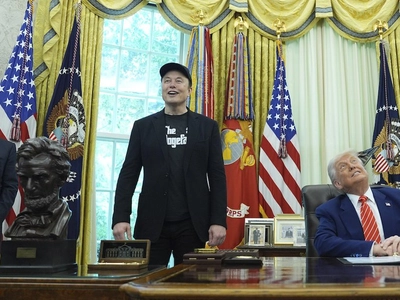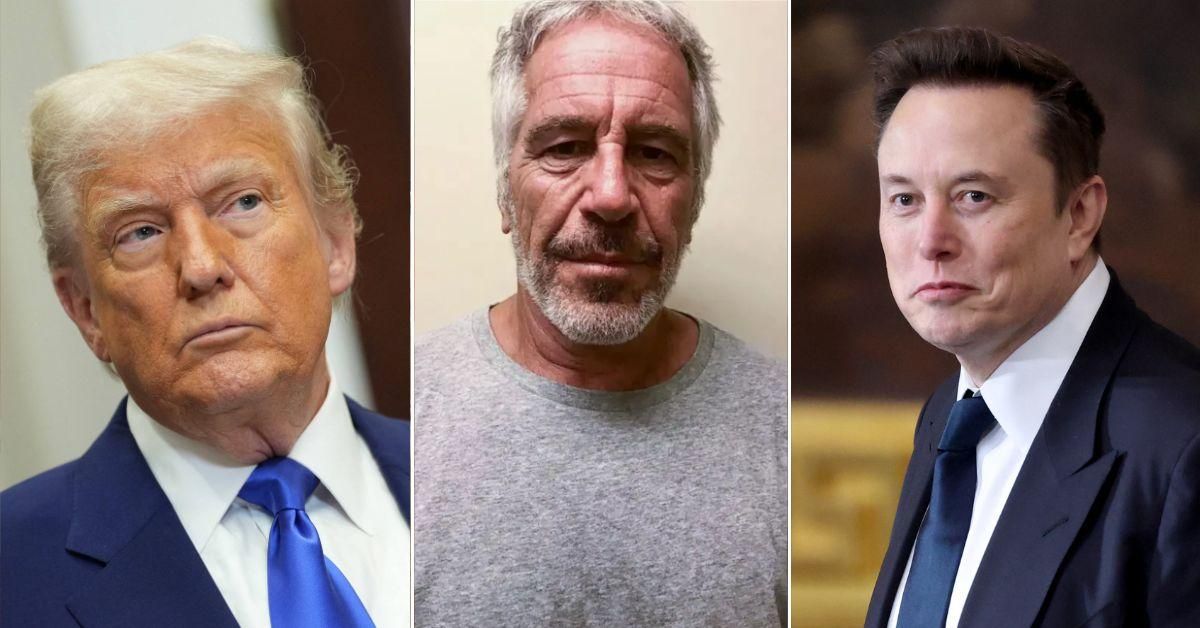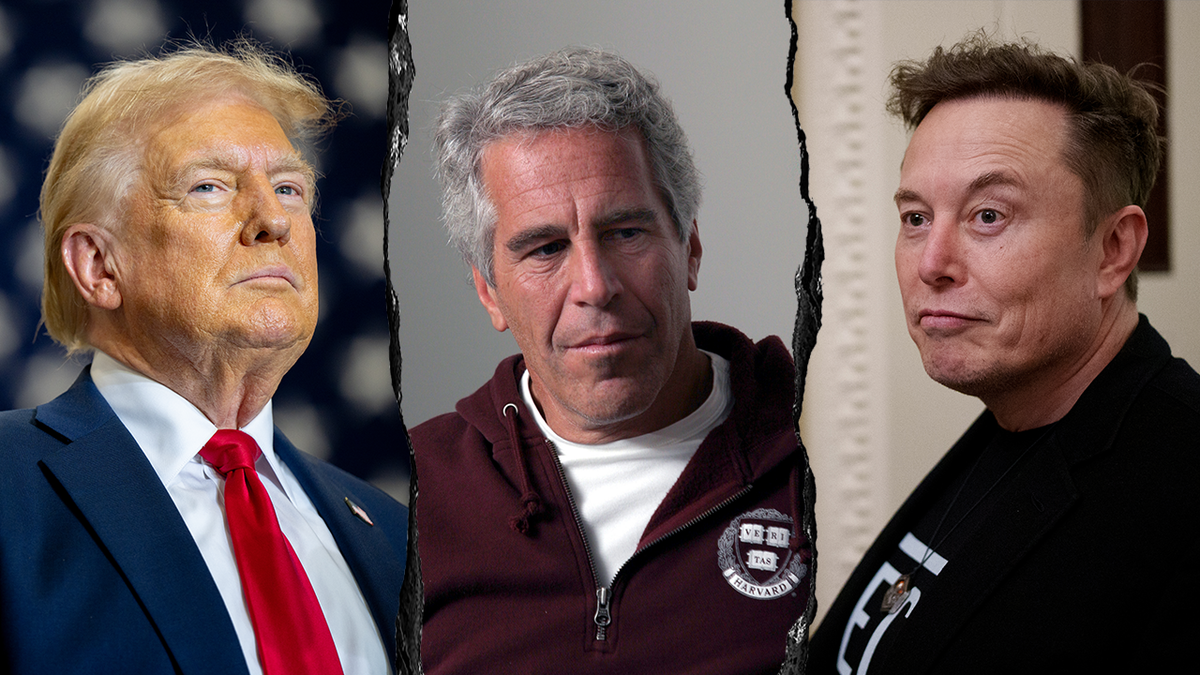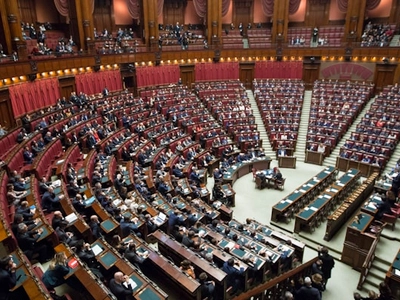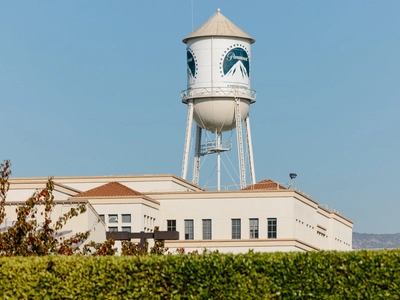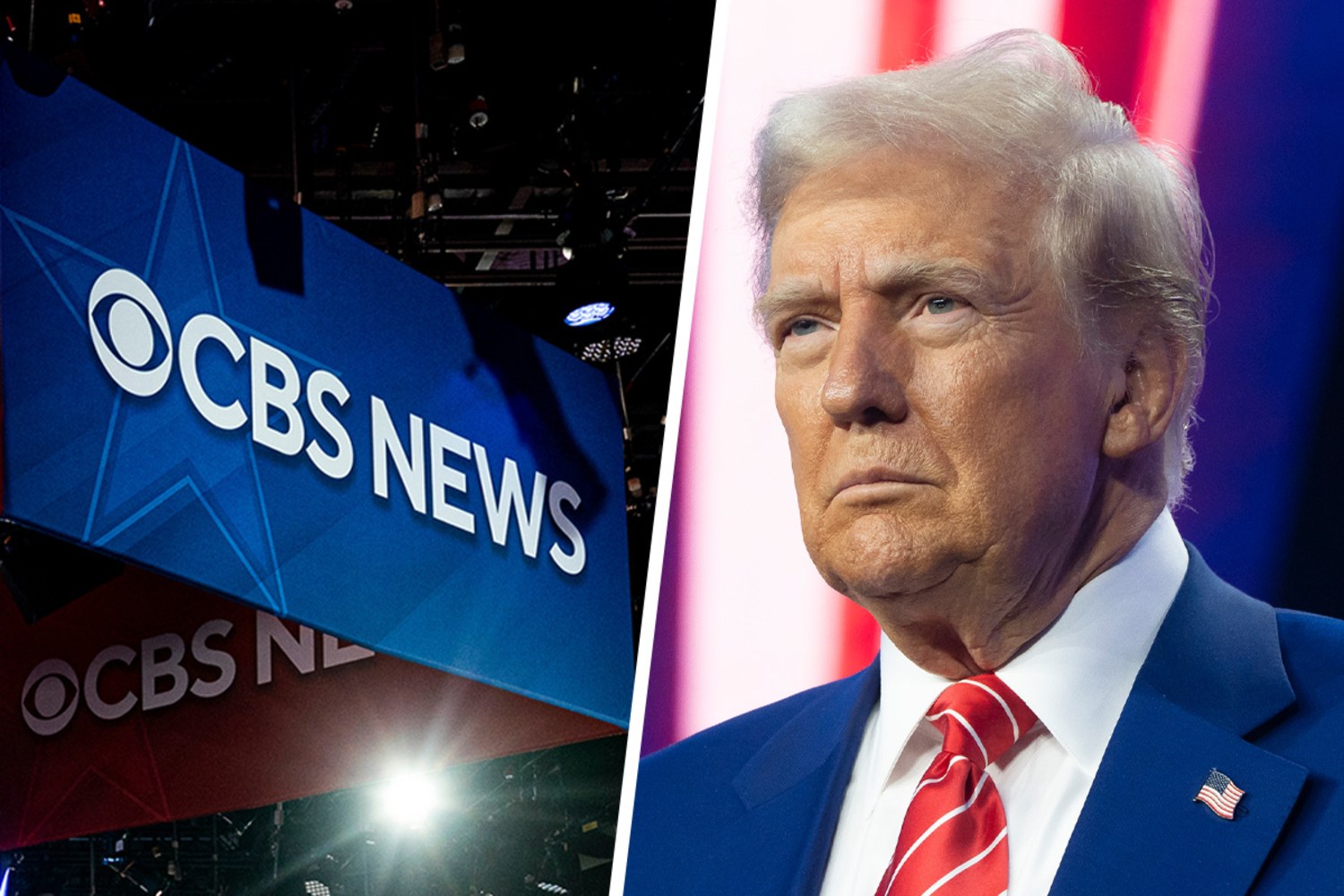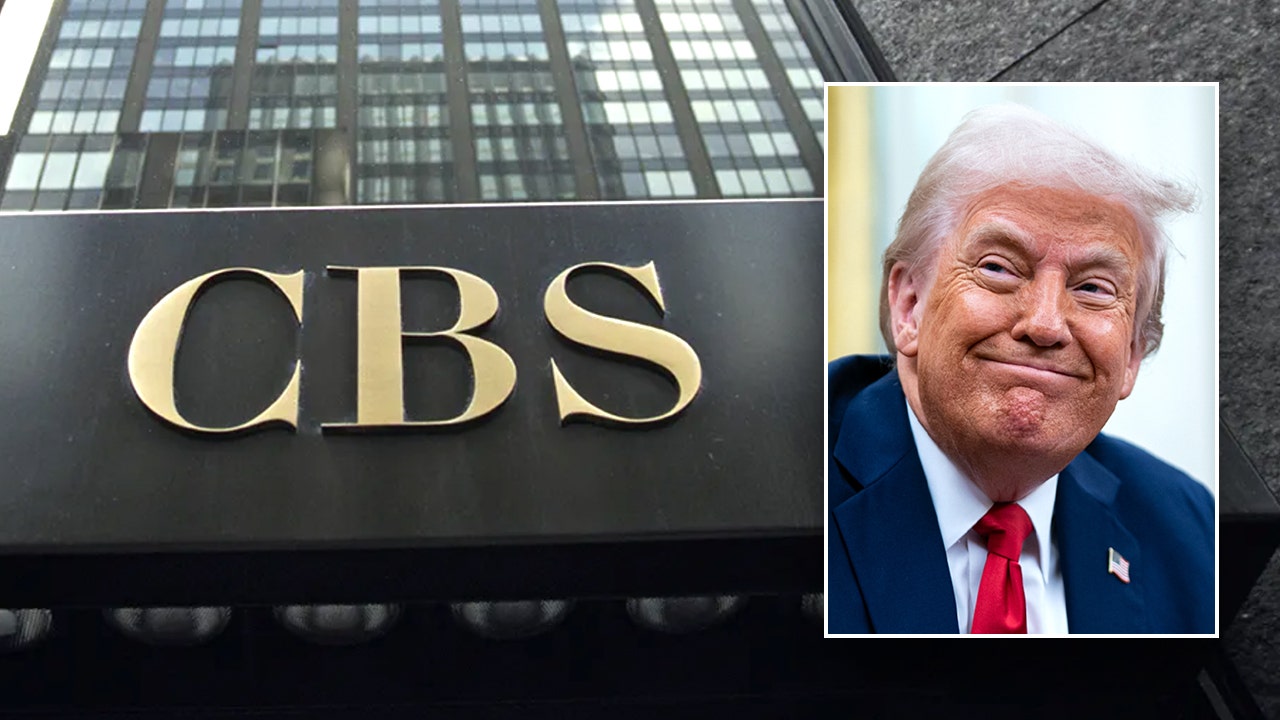The Hidden Name That Could Destroy Everything: What Epstein's Network Doesn't Want You to Know
For years, the Jeffrey Epstein case has been a masterclass in how the powerful protect their own. While the disgraced financier met his end in a Manhattan jail cell, the mechanisms that shielded his network remain firmly in place—and they're more sophisticated than most people realize.
The recent DOJ memo claiming "no evidence" of a client list or blackmail operation has only deepened the mystery. But here's what they're not telling you: the absence of evidence isn't evidence of absence. It's evidence of a system working exactly as designed.
The Legal Fortress: How Redaction Becomes Suppression
When court documents were unsealed in 2024, the public expected transparency. Instead, they got a lesson in strategic redaction. Names blacked out. Details obscured. Entire sections sealed under the guise of "protecting victims"—a noble cause that conveniently shields perpetrators.
The pattern is unmistakable: every document release follows the same formula. Release enough to satisfy public curiosity, but never enough to threaten the truly powerful. It's information warfare disguised as justice.
Consider this: if Epstein truly operated alone, why are so many documents still sealed? Why do lawyers fight tooth and nail to keep certain names hidden? The answer lies not in what's revealed, but in what remains buried.
The Network Effect: More Than Money, More Than Influence
Epstein's real power wasn't his billions—it was his network. A web of mutual protection that spans politics, media, finance, and law. This isn't conspiracy theory; it's how elite circles have always operated.
When powerful people share compromising situations, they don't just share secrets—they share vulnerability. That vulnerability becomes a bond stronger than any contract. It's why certain names will never see daylight, no matter how many documents are "unsealed."
The recent claims of "no blackmail operation" ring hollow when you consider the documented evidence of video surveillance throughout Epstein's properties. Cameras don't install themselves, and footage doesn't disappear without reason.
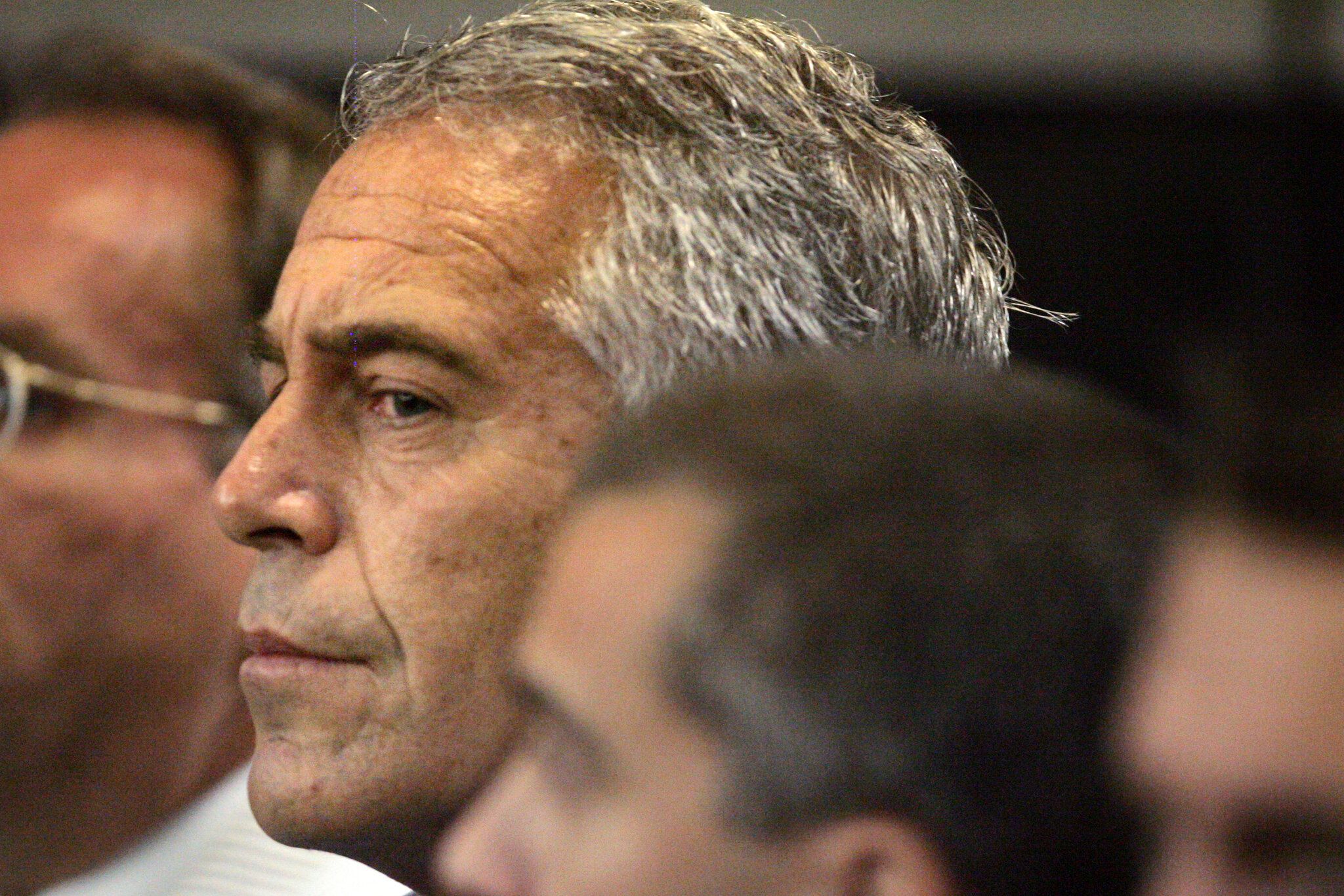
The Media's Role: Manufactured Silence
Pay attention to how major outlets cover Epstein revelations. Notice the careful language, the strategic omissions, the way certain angles are pursued while others are ignored. This isn't accidental—it's orchestrated.
When genuine explosive information emerges, watch how quickly it gets buried under waves of disinformation, debunking, and distraction. The goal isn't to hide the truth—it's to make the truth so controversial that only "conspiracy theorists" dare discuss it.
The most effective censorship isn't blocking information—it's making people afraid to share it, discuss it, or investigate it further.
The Ghislaine Maxwell Factor: The Keeper of Secrets
Maxwell's trial was another masterpiece of selective justice. Convicted, yes—but for remarkably specific crimes that avoided implicating her powerful associates. Her silence in prison isn't loyalty; it's survival.
Every plea deal, every sealed testimony, every "coincidental" memory lapse serves the same purpose: protecting the network that enabled decades of abuse. Maxwell didn't operate in isolation, yet somehow her conviction managed to implicate almost no one else.
This isn't justice—it's damage control on a massive scale.
The Pattern You're Not Supposed to Notice
Look at every major scandal involving the elite: the same pattern emerges. Initial outrage, promises of investigation, selective prosecutions, and then... silence. The cycle repeats because the system is designed to protect itself.
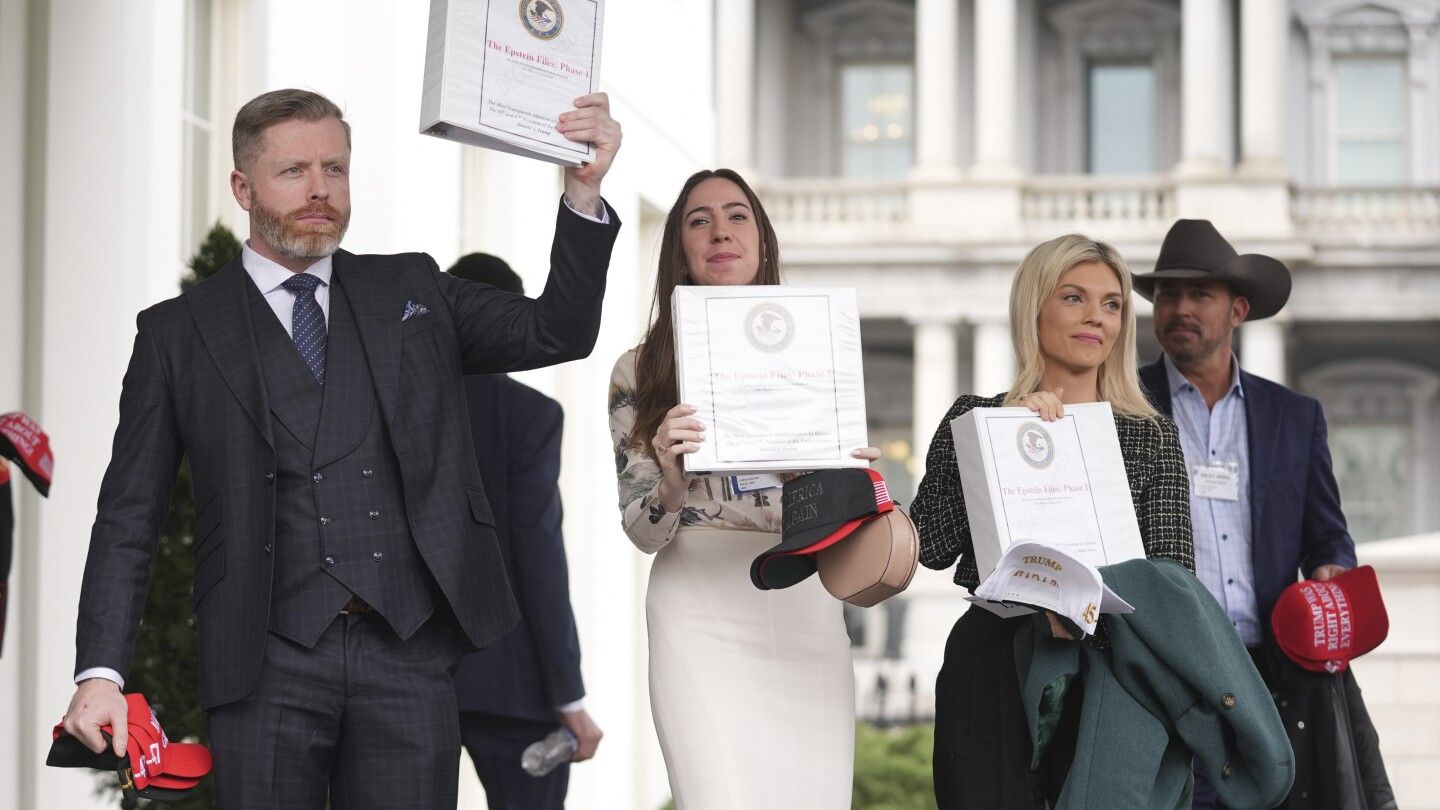
From the suppressed evidence in the Epstein case to the sealed settlements in countless others, the message is clear: some people are above the law, and some truths are too dangerous to reveal.
The recent DOJ memo isn't the closing of a case—it's the signal that the protection racket is working perfectly.
What This Means for Justice
When legal systems prioritize protecting powerful networks over seeking truth, justice becomes a luxury item available only to those who can't afford to suppress it. The Epstein case isn't an anomaly—it's the blueprint.
Every redacted name, every sealed document, every "coincidental" death or disappearance sends the same message: the network is more powerful than the law. The system isn't broken—it's working exactly as intended.
The question isn't whether there's a cover-up. The question is whether we'll continue to accept it.
The Uncomfortable Truth
The Epstein files aren't just about one man's crimes—they're about a system that enables, protects, and ultimately absolves those with enough power to demand silence. Until we acknowledge this reality, we'll keep getting the same sanitized "revelations" that reveal nothing and protect everything.
The network that protected Epstein is still intact. The mechanisms that enabled his operation are still functioning. And the people who benefited from his silence are still walking free.
That's the real scandal—and that's why certain names will never be revealed.
